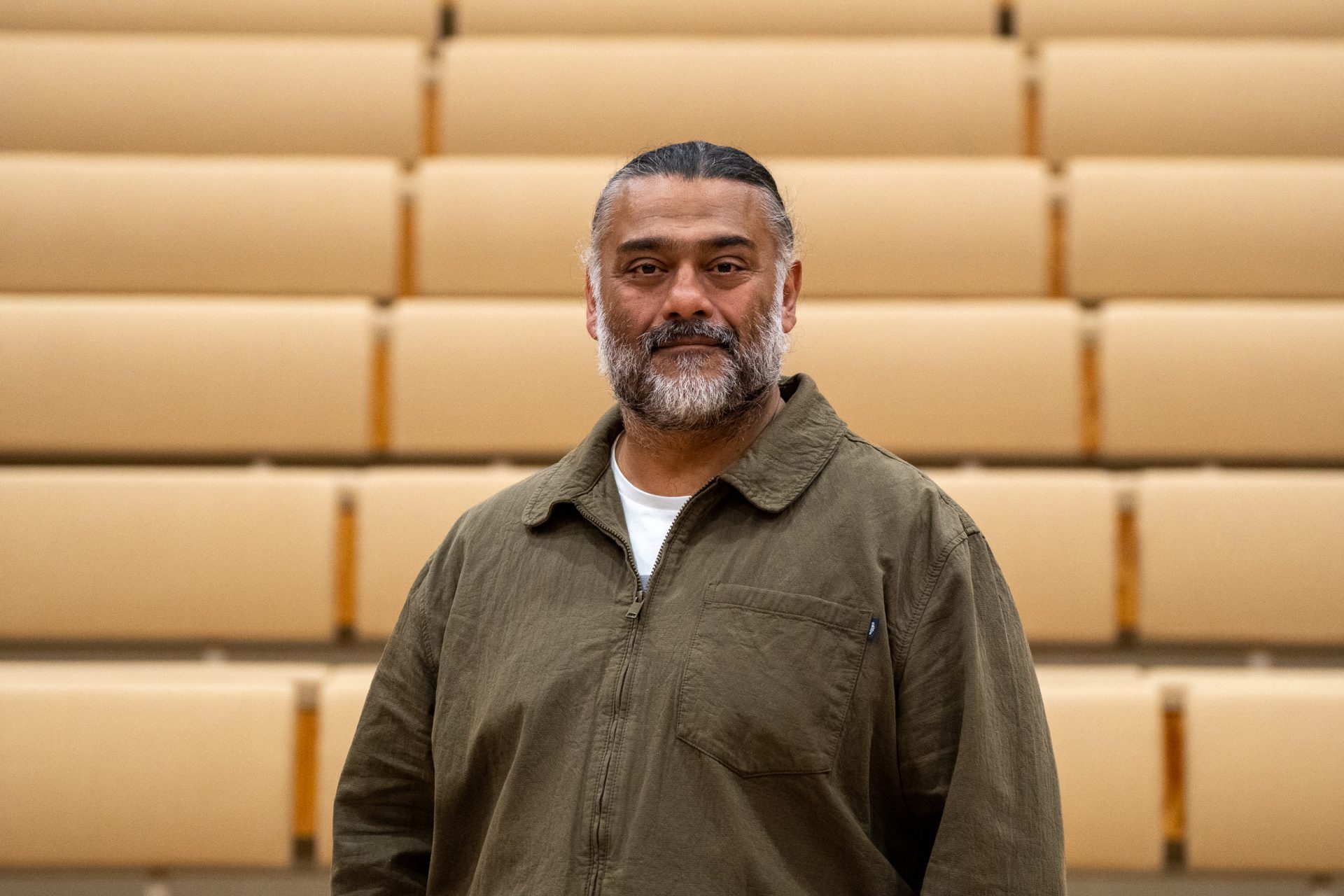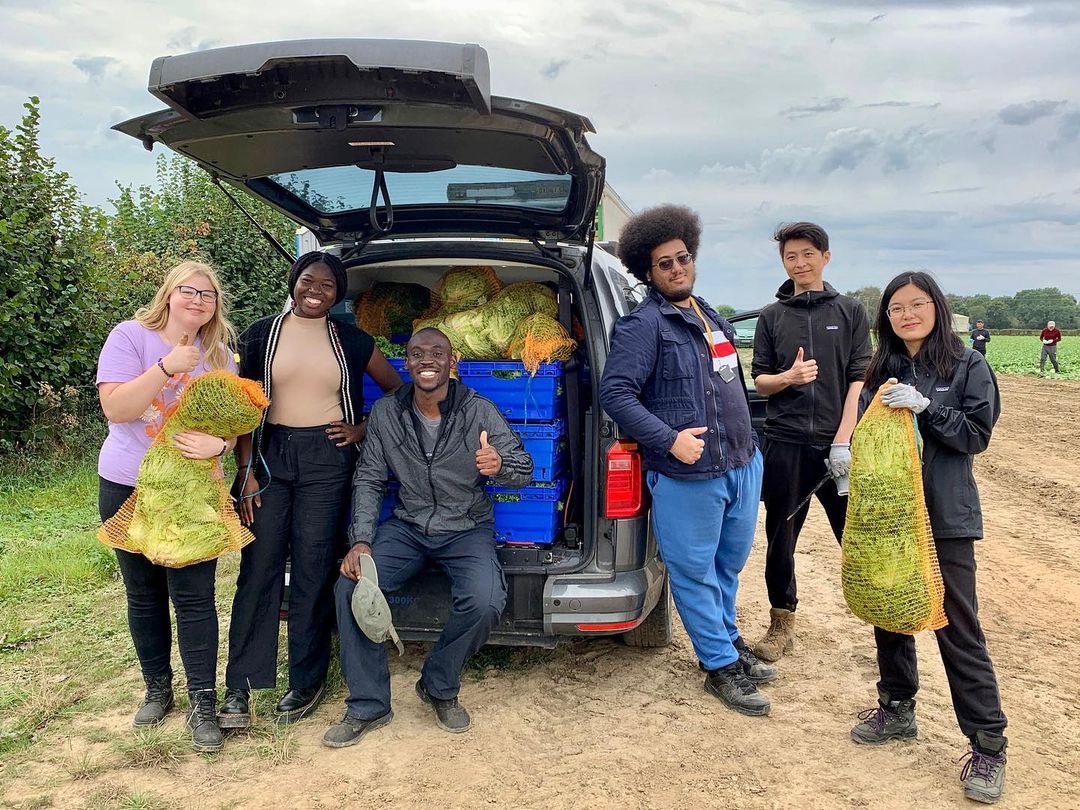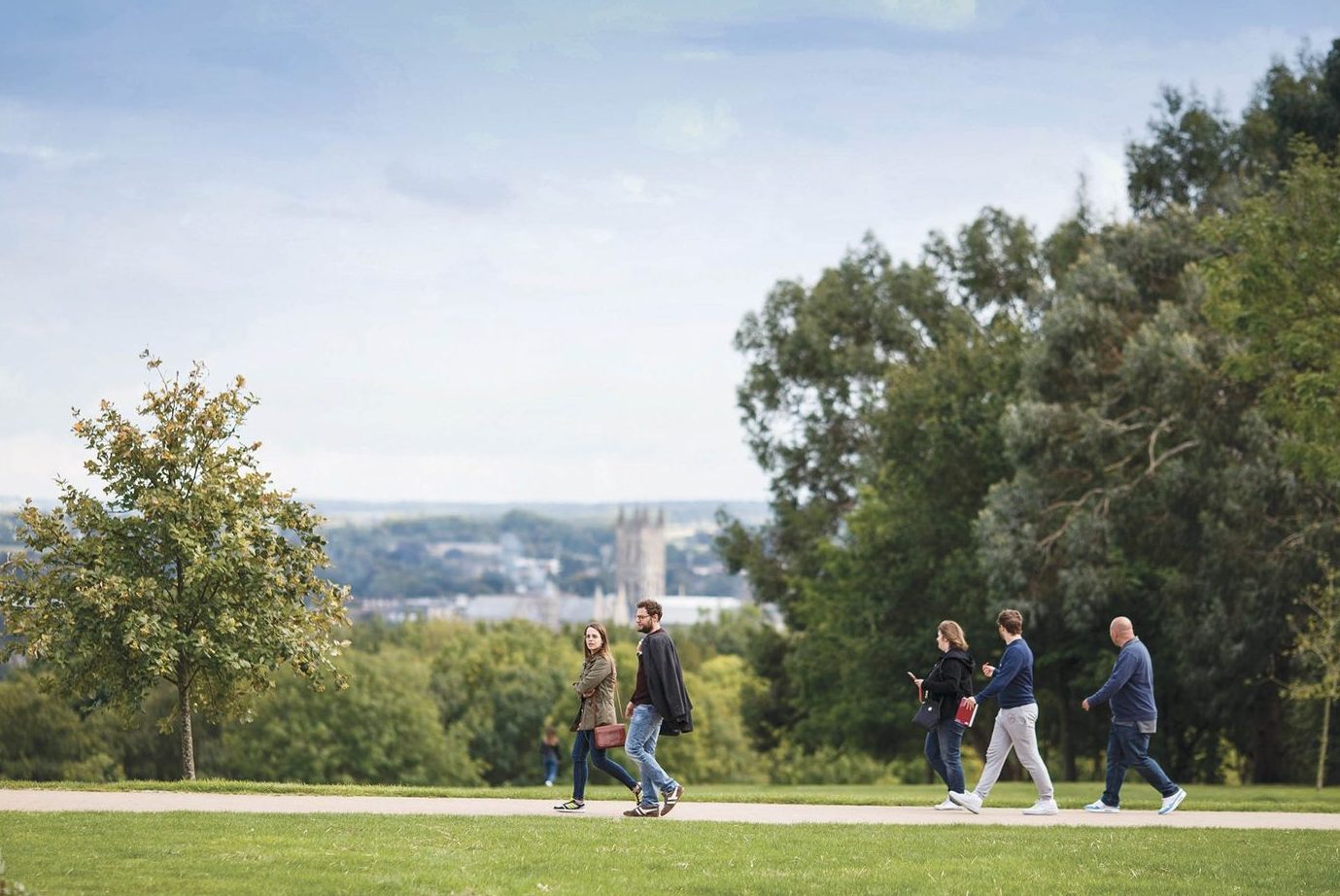With World Food Day taking place on October 16, we take a look at the progress made by Kent’s Right to Food initiative over the last nine months – and look ahead to what we will be working on going forward.
World Food Day promotes awareness of hunger and action for the future of food, people, and the planet. This sits at the core of the Right to Food – our commitment to a world where no one goes hungry, where we develop sustainable food sources for all, and where nutrition is accessible to everyone, wherever they are and whatever their means.
Working with the Food Foundation, we have four missions which we believe will deliver a step change in our approach to delivering equality of access to healthy, affordable, and sustainable food.
Over the past nine months we have made some great strides in all areas, and have started laying the foundations for more exciting plans for the future.
Mission 1: PUTTING THE RIGHT TO FOOD ON THE WORLD STAGE
We have secured a place on the National Civic Impact Accelerator (NCIA) Action Learning Programme (ALP) to help put the Right to Food on the world stage. Through the new initiative, representatives Kent will attend action learning workshops alongside other universities – sharing the Right to Food and developing a blueprint for it for other institutions.
Kent will also benefit by learning from other institutions about their approach to civic mission and to accelerate our development as a civic university so that we can better serve and support our local and regional communities. Representatives from Kent recently attended an event in Birmingham where they, along with other institutions from the scheme, discussed what it means to be a civic university and how we can work with and share best practice with other institutions to help achieve this.

NCIA event in Birmingham
What next? Work on our blueprint for other universities is ongoing – which includes talking to a number of other institutions to get their valuable feedback on this. We continue to lobby for a visit from the UN Special Rapporteur on the Right to Food and look forward to hosting the TUCO winter conference in December – putting the work of our catering team and the Right To Food initiative at the forefront of the sector.
Mission 2: TRANFORMING FOOD SYSTEMS THROUGH TEACHING AND RESEARCH
The University has started to embed learning on food systems across the curriculum, with the launch of a Right to Food themed module in the M Arch. Food Futures sees students tackle the huge challenge of feeding the urban global population. Drawing on the University’s Right to Food Initiative, students will consider the impacts that food poverty has, and reflect on how good design can engender positive movement in food provision and culture.
Our researchers are working with local farmers to tackle food waste and improve the food system. From capitalising on the health benefits of cherries by creating new products from the waste to using black soldier flies to achieve a circular farming system and seeking to create a Net Zero Egg, our scientists are at the forefront of innovation.
We have also launched The Right to Food seminar series, inviting academics from a wide range of disciplines to address the question ‘What is a Right to Food University’.

Drs Jen Tullet and Marina Ezcura
What next? We are working with Dominic Watters and the ‘Food is care’ campaign to look at how the Right to Food can be embedded in other courses across social work and social policy. We have also launched The Right to Food seminar series, inviting academics from a wide range of disciplines to address the question ‘What is a Right to Food University’.
Mission 3: TACKLING FOOD INSECURITY IN THE UNIVERSITY COMMUNITY, WHILE PROMOTING A HEALTHY AND SUSTAINABLE FOOD COMMUNITY AT KENT
To support our students and staff on campus, we launched the £3 meal deal on campus. This hot meal, served in our Rutherford Dining Hall, includes a choice of salad or vegetables and has proven to be extremely popular, and important. We have sold over 44,000 meals since November 2022. This term, approximately 60% of the Cost of Living meal sales have been vegetarian or plant-based.
This £3 meal deal has been extended to our Grab and go sandwich meal deal offer – which is now available in more campus outlets. In addition to this exciting meal deal expansion, the catering team have reduced hot food price on average by 20%. Through reducing food waste, collaborating closely with our primary food supplier, simplifying operations, and managing food expenses effectively, prices across campus have been significantly reduced.
These price cuts mean that in Mungo’s burgers haven’t been this low since 2012 and the average price of a hot meal at Gulbenkian Café has decreased from n 2011 was approx. £7.42; today, in 2023, it’s £3.95. The average salad price on menus is £1.38 cheaper this year compared to last academic year (Sept 2022, £6.13, Sep 2023 – £4.75). Smashed avacado on toast is also £1.50 cheaper at Gulbenkian Café (Sep 2022 – £5.50, Sep 2023 – £4.00).

What next? We’re benchmarking our menus and sales against The Sustainable Food Plan so that we can set future targets to improve food on campus and exploring how the kitchen and dining space at Origins could be used to provide a social space for students and external organisations to eat affordable food, whilst learning about the food system. We are also creating a River of Vegetation – the development of land dedicated to biodiversity and food across the campus connecting the Kent Oasis Garden and the Jubilee Orchard – which has already got it’s first donation.
Mission 4: ADDRESSING FOOD INEQUALITY IN OUR REGION
Kent has hosted a number of conferences on the Right to Food, including the Kent Food summit 2023– which saw over 100 key stakeholders come together to hear all about the newly established Kent Food Partnership, a cross-sector partnership between local government, education, public health, industry and community initiatives to help shape the future role of local, sustainable, healthy food in Kent.
This Friday, Kent will host and chair the Canterbury Society’s Annual Civic Lecture – Poverty, Policy and the Right to Food.
Earlier this year, Kent hosted the annual Eastern Arc conference. This year its conference was focussed on ‘food in a time of crisis’, building on the University of Kent’s Right to Food initiative and bringing together a range of stakeholders to tackle our increasingly dysfunctional food system.
Dr Philip Pothen, Director of Engagement at Kent, said: ‘The conference showed us that there is a wealth of expertise, as well as desire, to bring about change and tackle this current food crisis. While we are excited about becoming the first Right to Food university, it’s vital that we share this vision and support other institutions in their own journey to champion this mission. The conference gave us a chance to kick-start a collaborative approach with our Eastern Arc partners, which will pave the way for a number of partnerships to help realise the Right to Food nationally.’

Dr Rob Barker and Phil Ward at the Eastern Arc conference
The Kent Gleaning Collective has also gotten underway. A joint project between The University of Kent, Produced in Kent and Kent Union, the first volunteer students have started going to farms to collect left-over food from fields since September. This produce, which would have otherwise have gone to waste, will given to students and donated to charity.
What next? We look forward to taking our Gleaning project forward, working with the student union and wider community groups to extend the reach of our gleaned produce.









